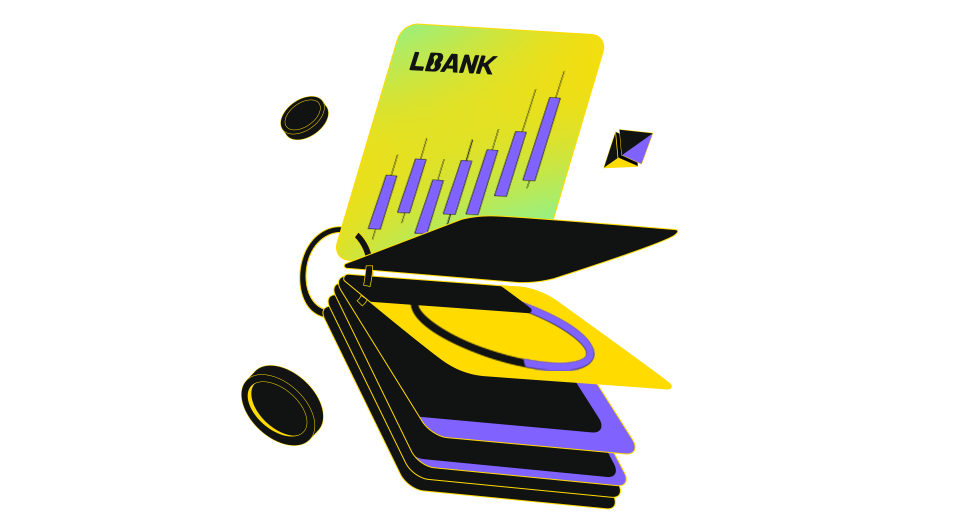線上客服
客服團隊
剛剛
親愛的 LBank 用戶
我們的線上客服系統目前遇到連線故障。我們正積極修復這一問題,但暫時無法提供確切的恢復時間。對於由此給您帶來的不便,我們深表歉意。
如需幫助,您可以透過電子郵件聯繫我們,我們將盡快回覆。
感謝您的理解與耐心。
LBank 客服團隊
By January 2025, South Korea documented a spike in suspicious transactions with cryptocurrency connections. Worries about illicit money transfers and stablecoins were on the rise. South Korean authorities identified and recorded 36,684 STRs connected to cryptocurrencies from January to August 2025 compared to the total amount of STRs implicated in the entire 2023 and 2024 calendar years. The rapid growth of STRs demonstrates the challenging work on the part of regulators to affiliate, or balance, cryptocurrency with reaping opportunities associated with digital assets, while at the same time, upholding the integrity of the financial system.
The data, drawn from South Korea's Financial Intelligence Unit (FIU) and shared with Democratic Party lawmaker Jin Sung-joon, highlights a troubling trend in the nation's crypto ecosystem. As virtual assets continue to enter the mainstream, bad actors are increasingly using them for money laundering and illicit cross-border transactions. This article examines the specifics of the report, the methods behind these suspicious activities, notable enforcement activities, and what this all means for the future of crypto regulation on a global scale.
The Financial Intelligence Unit of South Korea or FIU, is an integral part of South Korea's anti-money laundering (AML) regime. The FIU generally requires financial institutions, casinos, and virtual asset service providers (VASPs). Or a crypto exchange to file STRs around reasonable suspicion for a report. Reasonable suspicion is generally defined as a belief that there exists proceeds of crime, money laundering or terrorist financing. The 36,684 select transaction reports (STRs) on the first eight months into a new year of 2025 is a robust increase from years past.
Additionally, as it stands, the 2025 figure exceeds the combined totals for all of 2023 and 2024 STRs (35,734) and surpasses totals for all previous years, which establishes that risk levels associated with crypto is increasing.FIU data provided to Representative Jin, cited by Yonhap News, emphasized that this volume illustrates increased CDD vigilance among VASPs amid booming crypto uptake in South Korea, one of the world's most enthusiastic markets for digital assets.
This is not merely a game of numbers; it points to systemic vulnerability. Trading volumes in South Korea's crypto market have skyrocketed in recent years, and for many major exchanges such as Upbit and Bithumb, trading volumes have routinely exceeded stock market trading. However, this growth brings sophisticated criminals engaging in nefarious acts of malfeasance, who exploit the pseudonymity and the swiftness of blockchain technology.
Many of the flagged transaction cases involved “hwanchigi," South Korea's term for illegal foreign exchange remittance. These schemes typically convert illicit funds to cryptocurrency through foreign exchanges, transfer the decoded money to domestic virtual asset service providers, and cash out in Korean won (KRW). The capability of bypassing capital control and traditional banking regulation has made it a preferred tool of money launderers.
The data from the Korea Customs Service (KCS) is worse.
In total, from 2021 to August 2025, the authorities referred to the prosecutors, virtual asset crimes involving just over $7.1 billion. The vast majority- around 90%- or more than $6.4 billion was based on hardware fraud crime. Stablecoins- and especially Tether (USDT)- became the key in hardware fraud schemes due to their peg to U.S. dollars, allowing parties to transfer value to each party without the large volatility of other virtual assets.
An example of this threat was evidenced in a May 2025 high-profile case.
Officials in South Korea disrupted an underground brokerage ring believed to be using USDT to transmit $41.8 million valued between South Korea and Russia. Two Russian nationals have been criminally charged in conjunction with over 6,000 illegal transactions that occurred between January 2023 and July 2024. The alleged scheme involved a combination of peer-to-peer (P2P) trades and hidden wallet addresses to disguise the source of the funds. The investigation revealed that in an era where investors are starving for digital assets, stablecoins may provide a means to launder money.
Following the events of the case, Jin beseeched lawmakers to act swiftly. He called on the KCS, FIU, and other enforcement agencies to improve existing tracking mechanisms, and other systems to disrupt and (convenient) disguised remittances. "Governmental authorities must develop regularized ways to deter new types of foreign exchange crimes," Jin stated, commenting on the necessity of systematic tracking mechanisms for tracking travelers engaging in remittances and money laundering.
Jin specifically mentioned the need for real-time tracking and intergovernmental cooperation. These calls for action arrive, as South Korea struggles with a strict set of foreign remittance laws that limit individuals' remittances out of South Korea to $50,000 ns annually per person. There are frequent reports of South Koreans using cryptocurrencies to evade regulatory laws, such as caps on outbound remittances.




剛剛
親愛的 LBank 用戶
我們的線上客服系統目前遇到連線故障。我們正積極修復這一問題,但暫時無法提供確切的恢復時間。對於由此給您帶來的不便,我們深表歉意。
如需幫助,您可以透過電子郵件聯繫我們,我們將盡快回覆。
感謝您的理解與耐心。
LBank 客服團隊